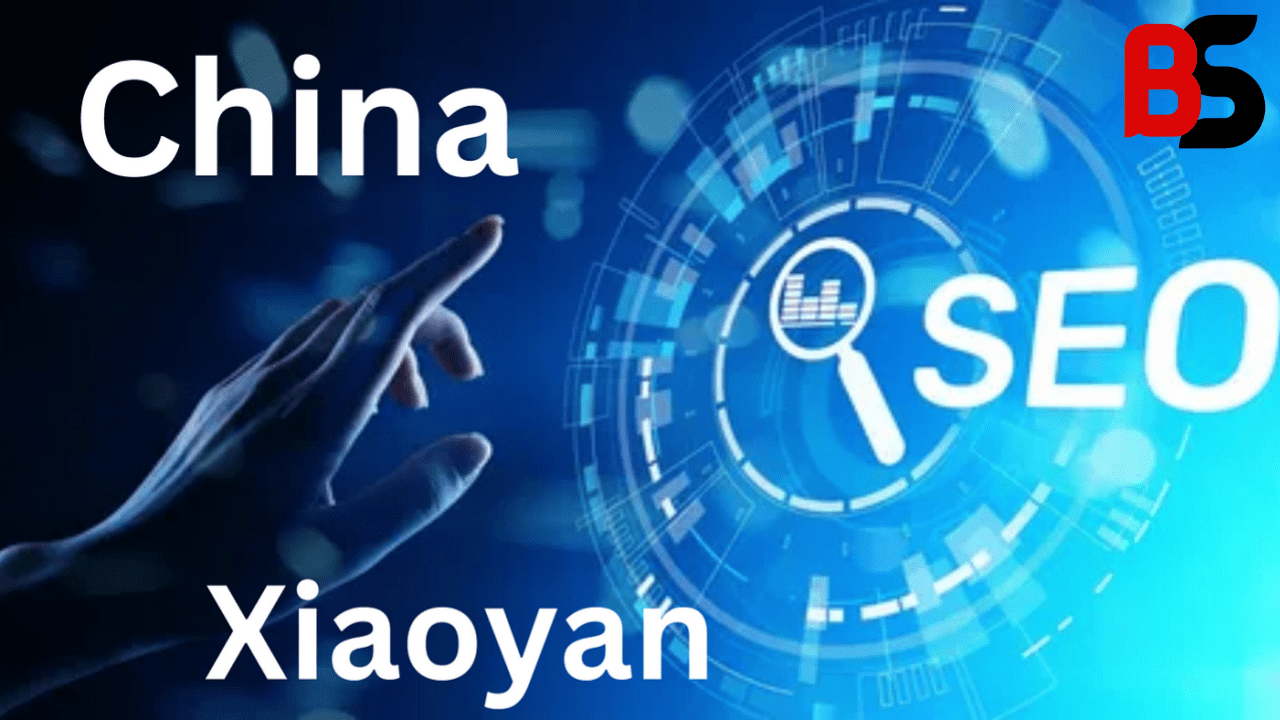Protecting Your Digital World: Understanding the Threat of Webcord Virus
TechWebcord Virus! In the digital age, our reliance on technology has unfolded new avenues for connectivity and productiveness. However, it has also exposed us to the danger of malicious software and viruses which could compromise our protection and privacy. One such rising threat is the Webcord Virus. In this blog post, we’re going to delve into the world of Webcord Virus, exploring its origins, characteristics, and a way to shield your self towards it. Introduction to Webcord Virus: Webcord Virus is a type of malware that particularly targets users of the popular messaging platform Discord. Named after the platform itself, Webcord Virus is designed to infiltrate Discord servers and users’ computers, stealing touchy records, spreading junk mail, and compromising machine security. How Webcord Virus Works: Webcord Virus typically spreads thru phishing assaults, in which customers are tricked into clicking on malicious links or downloading infected files. Once mounted on a consumer’s laptop, Webcord Virus can carry out a lot of malicious activities, which include logging keystrokes, shooting screenshots, stealing login credentials, and spreading itself to different customers’ devices via Discord messages and channels. Signs of Infection: Detecting Webcord Virus may be hard, because it regularly operates silently inside the heritage, with none substantial signs and symptoms. However, there are some signs to observe out for, such as sudden modifications in system overall performance, unusual network pastime, and suspicious messages or links acting in Discord channels. Protecting Yourself Against Webcord Virus: To defend yourself against Webcord Virus and other malware threats, it is vital to practice appropriate cybersecurity hygiene. This consists of: Being cautious of unsolicited messages and hyperlinks in Discord channels. Avoiding downloading documents or clicking on links from unknown or untrusted resources. Keeping your running gadget, web browser, and antivirus software program up to date with the present day protection patches and updates. Using robust, specific passwords to your Discord account and permitting -issue authentication for an extra layer of protection. Regularly scanning your pc for malware and appearing security exams on your Discord server. Conclusion: In end, Webcord Virus poses a substantial danger to users of the Discord platform and underscores the significance of cybersecurity vigilance in today’s digital panorama. By knowledge the characteristics of Webcord Virus and taking proactive steps to protect your self against it, you could protect your private information, privacy, and security online. Remember, staying informed and training true cybersecurity conduct are your first-rate defenses towards the ever-evolving threat of malware and viruses like Webcord Virus. +1 (844)796-0648: Elevating Customer Support in the United States










